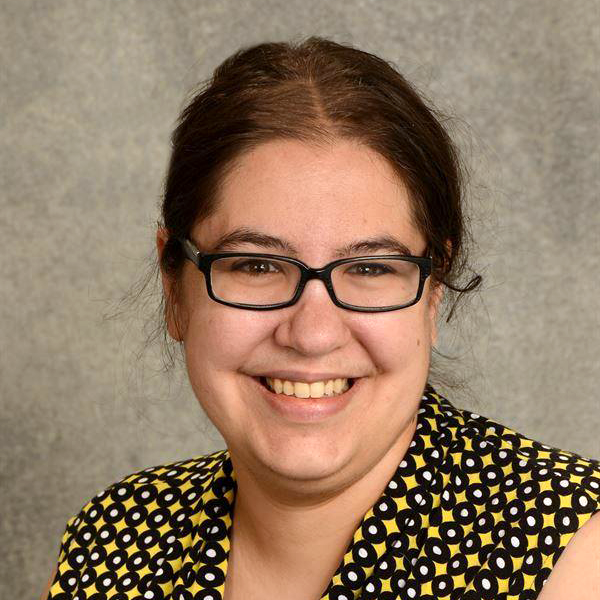When music and fashion superstar Rihanna took the stage at Sunday night’s Academy Awards to perform her Oscar-nominated song “Lift Me Up” from “Black Panther: Wakanda Forever,” the moment was memorable for many reasons.
She glowed in a two-piece custom ensemble by John Galliano for Maison Margiela and gave a performance that was heartfelt and intimate, only her second public performance following a five-year musical hiatus. And as for the first performance? It was last month’s Super Bowl halftime show, when she made perhaps one of the most iconic pregnancy announcements of all time.
Following Rihanna’s Super Bowl stunner and again after Sunday’s Academy Awards performance, much media and internet attention continues focus on “two under 2” – having two children close enough together that the older is under age 2 when the younger is born.
Rihanna and her partner A$AP Rocky welcomed a son May 13, 2022, so he will be younger than 2 when the second child arrives. From mom-focused Facebook groups to Reddit forums, Twitter threads, and online think pieces, the pros and cons of “two under 2” are being thoroughly discussed and debated.
“Family planning choices are some of the most profound and important choices a woman or a couple can make,” says Rebecca Cohen, MD, MPH, an associate professor of family planning in the University of Colorado School of Medicine. “These are extremely personal decisions, so as a health care provider it’s not for me to tell my patients what to do, but to share all the information based on the best evidence we have.”
Family planning considerations
The reasons that motivate people to have children close together vary, Cohen says, though it is somewhat common for the second of “two under 2” pregnancies to be unplanned. The decision also may be guided by an awareness that raising very young children, while rewarding, can be challenging.
“People recognize that parenting is hard,” Cohen says. “They may be thinking, ‘Let’s just do all the hard stuff with young kids at the same time and then be done’ – things like diapers and potty training and sleep schedules.
“I also think people have certain ideas about sibling relationships, this sort of idea that ‘our kids are going to grow up and share a room and be best friends.’ Which is wonderful, that sort of sibling closeness, but it’s important to remember that the second child is probably not going to be identical, or maybe even similar, to the first. As a parent, you may think you’ve learned everything with the first kiddo so it will be easy with the second, but they’re totally different people with different needs. The children may be close in age but they can have 100% different personalities.”
Cohen adds that while it’s not a daily occurrence for patients to ask about “two under 2” or mention it as an option they’re considering, it’s not infrequent, either. Commonly, people who struggled to conceive with the first pregnancy or those who started their families at a later maternal age and are concerned about waiting too long are the ones asking about closely timed pregnancies, Cohen says.
Healthy pregnancy and delivery
“Every pregnancy is different, so we individualize care to the patient and work very hard to balance risks,” Cohen says. “We talk a lot in medicine about what the ideal circumstances (for pregnancy) are and then what are the circumstances sitting in front of us. It’s about optimizing health, so we’re not going to have the same care plan for, say, someone who’s 40 but is generally healthy and had an uncomplicated vaginal birth the first time and someone who’s 34, has high blood pressure, and delivered via c-section with the previous pregnancy.”
From a medical standpoint, Cohen and other providers recommend waiting 18 months between giving birth and conceiving again. Evidence shows that conceiving sooner is associated with increased risk of anemia during pregnancy as well as premature birth and, if the first birth occurs via c-section, uterine tearing or rupture during delivery.
“Pregnancy asks a lot of a woman’s body and can be really hard on it, so we want to give the uterus time to heal fully for the next pregnancy and make sure that the cervix has time to fully strengthen,” Cohen says. “Studies show there’s a higher risk for bleeding or placental problems in future pregnancies if the inner surface of the uterus hasn’t had time to fully heal, so that’s part of the reason why we recommend 18 months between pregnancies.”
Also, because research studying the postpartum mental health effects of pregnancy is still catching up to what women have experienced for millennia, “there’s still a lot we don’t know as a medical field about the stresses of taking care of a toddler and a baby when postpartum depression is a factor,” Cohen says.
It’s also common for parents who have children close in age to experience guilt that they’re not spending enough time with one of the children or that they’re missing milestones, Cohen says.
“That’s why it’s so important as health care providers that we build trusting relationships with our patients, so that they feel like they can talk about this to us, and build systems of holistic care so patients can access everything from contraception to mental health counseling,” Cohen says. “There’s so much pressure in society about what the ‘right’ family looks like and the ‘right’ way to be pregnant that it can make people feel really confused and scared. Yes, we do recommend waiting at least 18 months before trying to conceive again, but a third of pregnancies in the U.S. are conceived closer than 18 months, so most importantly our goal is to support women in having the healthiest pregnancy and delivery possible.”
Heading photo: Kevin Winter/Getty Images




